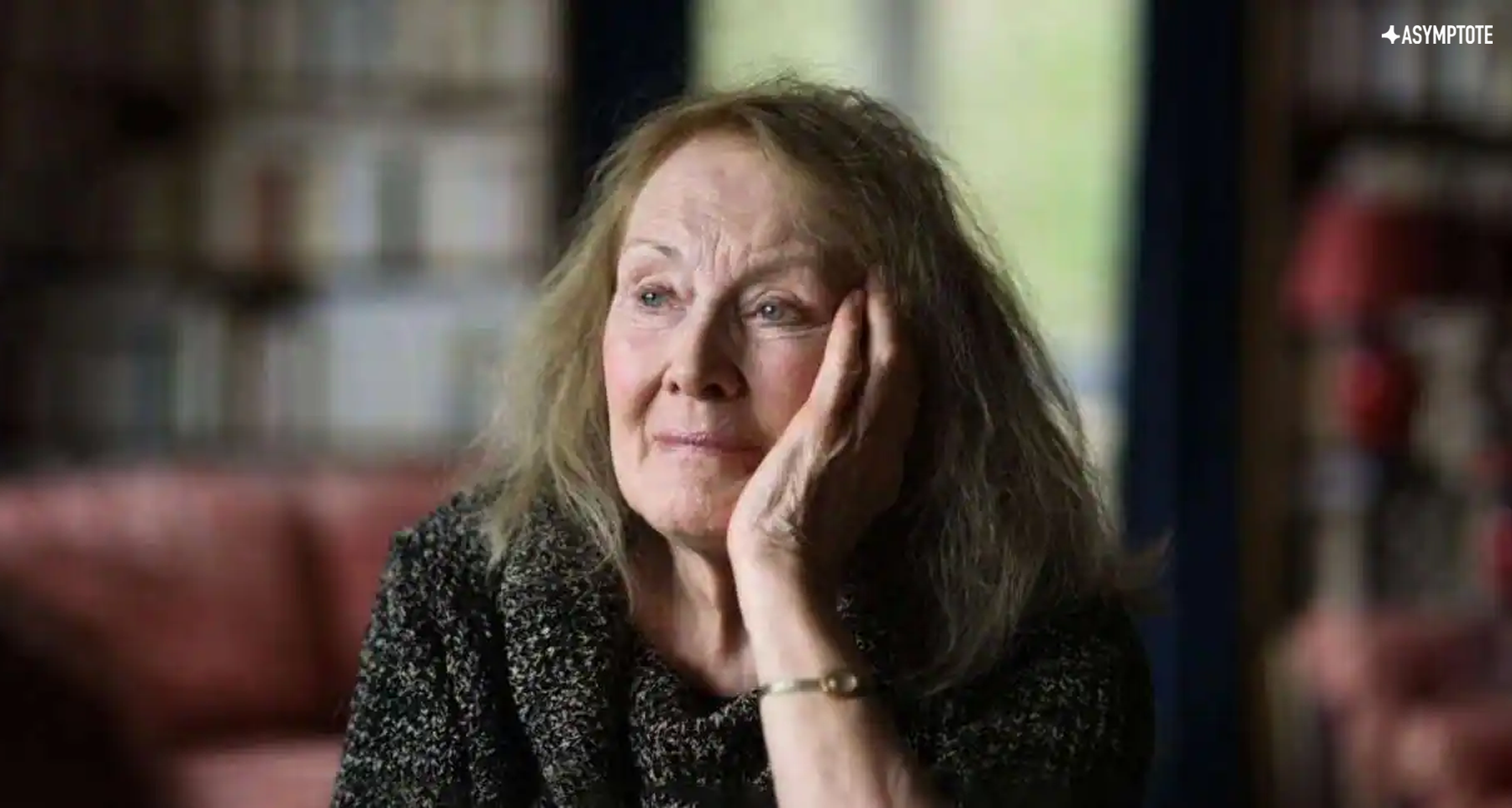The Nobel committee’s decision to award Annie Ernaux with the 2022 Nobel Prize for Literature communicated a certain message: of writing‘s pivotal responsibility to situate the individual life amidst the ever-elaborating stream of history, and that personal experience—no matter how specific or inward-looking—speaks to the greater picture of a landscape, a culture, and a time. In this following essay, Katarina Gadze takes a close look at Ernaux’s 2008 memoir, The Years, an emblematic work of her masterful collapse of private and public time, of her mind’s stabilizing force as it moves through a constantly shifting world.
In attempting to decipher the uses of autobiographical writing, Sébastien Hubier, in his Littératures intimes, speaks of what he calls reflexivity: “the phenomenon by which discourse refers to its own enunciative activity rather than merely speaking about the world.” Autobiography is then defined by “the narrative of one’s life . . . infused with the critical discourse of the one who writes it.” As a “heuristic project,” it stands for all personal writing that makes, by fact of its production, “a mode of resolution for the conflicts associated with profound shifts in social space.” Objectification of an identity, recourse to writing and the distancing it entails, lends itself to all the symbolic manipulations—reconstructions and redefinitions—of that identity. Such was the mechanism of Annie Ernaux’s writing in The Years, and her lifelong experiments with the autobiographical genre, as well as her construction of temporalities—in relation to both herself and society at large. When the Swedish Academy awarded the 2022 Nobel Prize to Ernaux, they praised her “courage and clinical acuity with which she uncovers the roots, estrangements and collective restraints of personal memory,” perfectly summarizing her work. Indeed, by penning these paradoxically impersonal texts, she inevitably moves away from traditional autobiography and spares us the usual novelistic practices in The Years; the resulting memoir is less a traditional recollection and more an existential examination of Ernaux’s sixty years, told in the third person. The years meander along in the order of her life events, though chronology comes second to Ernaux, whose goal is to expose the illusion (or delusion) of time. She moves through time in leaps and bounds, talking about what it means to live not just as one person in the present, but as one person (and an entire generation) that exists across centuries.
Autobiography as reconstruction places the past in chronological order, which, as Hubier points out, is illusive. Despite the “temporal linearity inherent in an organized retrospection” that probes collective memory, to write truly of the constant scrambling that is our general experience of time interferes with the reader’s ability to feel any dynamic flow—which treads backwards into the past, the opposite direction that the narrator claims. Ernaux interrogates this literary device by highlighting the intertwining of its present, past, and future dimensions, as well as its inevitable divide into two distinct temporalities: personal identification and cultural identity:
Then, in a state of profound, almost dazzling satisfaction, she finds something that the image from personal memory doesn’t give her on its own: a kind of vast collective sensation that takes her consciousness, her entire being, into itself. She has the same feeling, alone in the car on the highway, of being taken into the indefinable whole of the world of now, from the closest to the most remote of things.

